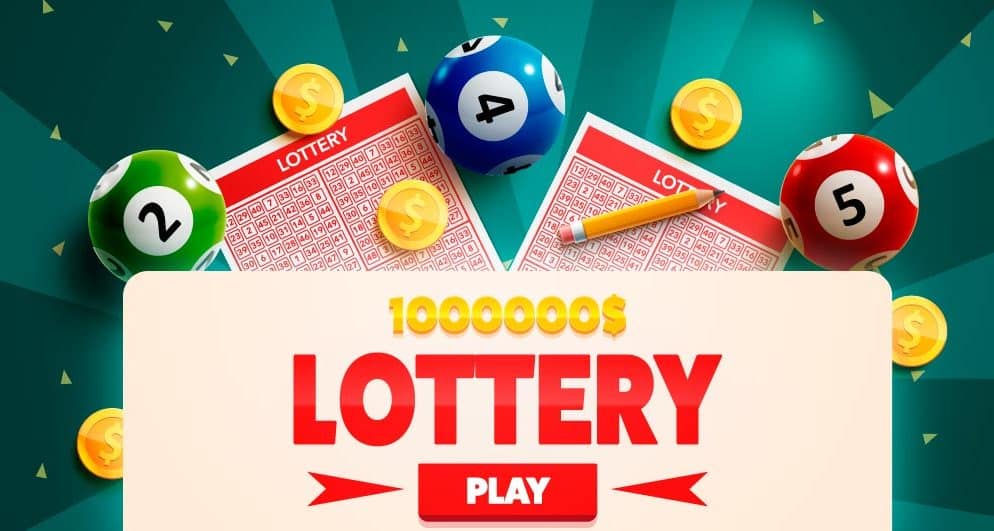In the realm of games of chance, few carry the allure and mystique of the lottery. It’s the ultimate dream-maker, promising instant wealth to those fortunate enough to hold the winning ticket. But beyond the glittering facade of jackpot dreams lies a complex tapestry of psychology, statistics, and societal fascination. In this article, we’ll delve into the unique world of the messipoker, exploring its history, impact, and the eternal question: is it merely a game of chance, or is there more to it than meets the eye?
The Roots of Lottery Fever
Lotteries have a rich historical pedigree, dating back centuries to ancient civilizations such as the Chinese Han Dynasty and the Roman Empire. Throughout history, they have been used not only as a form of entertainment but also as a means of raising funds for public projects, including the Great Wall of China and various European cathedrals. The allure of the lottery lies in its egalitarian promise: for the price of a ticket, anyone can participate, regardless of social status or wealth.
The Power of Hope
At its core, the appeal of the lottery stems from its ability to ignite the flames of hope within the human spirit. In a world often characterized by uncertainty and adversity, the prospect of a life-changing windfall offers a tantalizing escape from mundane realities. Whether it’s fantasizing about quitting a dreaded job, traveling the world, or securing a comfortable future for loved ones, the lottery provides a blank canvas upon which we can project our deepest desires and aspirations.
The Psychology of Chance
But behind the glittering facade of jackpot dreams lies a complex interplay of psychology and probability. Despite the astronomical odds stacked against them, millions of people worldwide continue to participate in lotteries, drawn by the elusive promise of wealth. Psychologists attribute this phenomenon to a variety of cognitive biases, including the optimism bias, which leads individuals to overestimate their chances of winning, and the availability heuristic, which causes us to focus on vivid, memorable examples of lottery winners rather than statistical probabilities.
A Game of Skill?
However, not everyone subscribes to the notion that the lottery is purely a game of chance. Some proponents argue that by employing certain strategies, such as studying past winning numbers or selecting less popular combinations, players can increase their odds of success. While statistically speaking, these strategies may offer marginal improvements at best, they nevertheless underscore the human tendency to seek patterns and meaning in randomness—a phenomenon known as apophenia.
The Dark Side of the Dream
Despite its allure, the lottery is not without its critics. Skeptics argue that it preys upon the most vulnerable members of society, enticing them with false promises of wealth while perpetuating cycles of poverty and addiction. Indeed, studies have shown that lower-income individuals spend a disproportionate amount of their earnings on lottery tickets, often to the detriment of their financial well-being.


